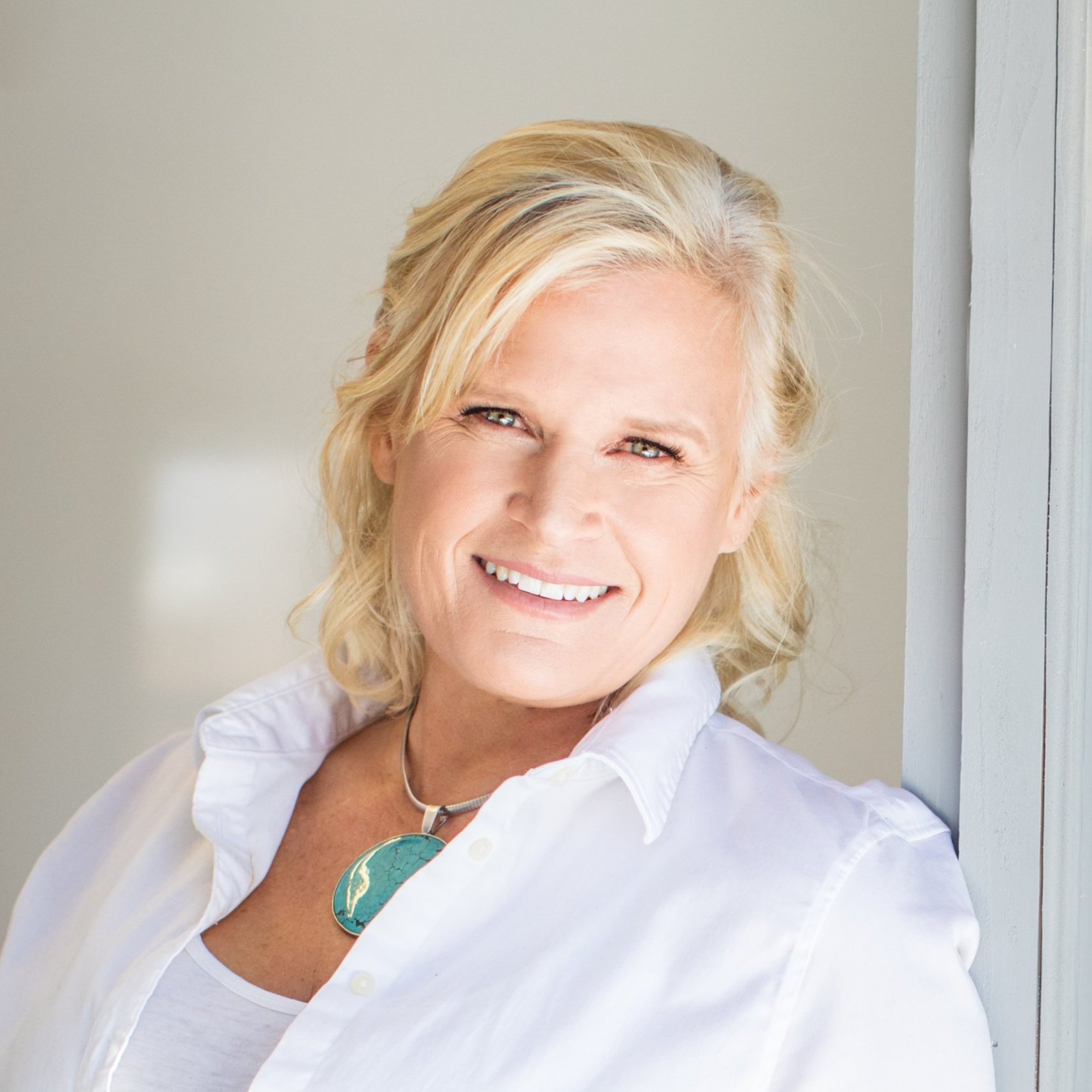Unlocking Potential: Navigating Neurodiversity and Mental Health Challenges in Education
In the intricate tapestry of neurodiversity, the intersection of different ways of thinking and being and mental health issues is a realm that demands attention and understanding. This blog delves into the nuanced relationship between these two facets, exploring the challenges individuals may face and shedding light on the importance of holistic support.Understanding the effects of neuro-distinct brains
Currently, we label neuro-distinct individuals as “learning disabled” because they need a different form of teaching or support. All of these students can learn, but many struggle to thrive in public school curriculums, where where the state Image for a blog on Navigating Neurodiversity and Mental Health in Education by Gail Suitor, of Ignite Change Makers.
measures success through standardized tests that measure expected levels of performance based on age and grade level. Dyslexia, ADHD, dyscalculia, Autism Spectrum Disorder, and other neuro-distinctions can create unique hurdles in the educational setting. The current protocol of labeling these unique and powerful brains as “disabled” because they need an alternative form of education or longer times to develop skills can amplify their challenges and aggravate the possibility of mental health struggles due to the pressure of measuring up to standardized tests.The Emotional Toll:
The intersection of learning challenges and mental health issues can take a toll on emotional well-being. Struggles with academic tasks, societal expectations, and self-esteem may contribute to feelings of frustration, anxiety, or depression. Recognizing and addressing these emotional aspects exacerbated by a system of measurement not made to measure the progress of divergent learners is crucial to providing comprehensive and practical support.Breaking the Stigma:
Society's perception of neuro-distinctions and mental health can perpetuate stigma, hindering open conversations and access to necessary resources. By fostering awareness and understanding, along with questioning system standards, we create an inclusive environment that recognizes neuro-distinct individuals' diverse strengths and challenges.Navigating Educational Landscapes:
Educational institutions play a pivotal role in supporting individuals at the intersection of diverse learning needs and mental health concerns. Tailored accommodations, multi-sensory teaching, awareness programs, and mental health resources within academic settings can empower individuals to thrive despite challenges.Holistic Support Systems:
A holistic approach to support involves collaboration between educators, mental health professionals, and the broader community. By addressing the individual's academic and emotional needs, we create an environment where they can succeed and develop resilience and coping mechanisms while maintaining a solid sense of self-worth.Encouraging Personal Growth:
Highlighting success stories of individuals who have navigated the intersection of neuro-distinction and mental health challenges can inspire hope and resilience. By showcasing and supporting diverse paths to personal and professional success, we break down stereotypes and emphasize the importance of embracing individual strengths.Conclusion:
In acknowledging the intersection of neuro-distinctions and mental health issues, we pave the way for a more empathetic and supportive society. By fostering understanding, dismantling stigma, diversifying how we measure success in education, and providing comprehensive support, we empower individuals to navigate their unique journeys with resilience, confidence, and pride. Together, we can create a world where neurodiversity is celebrated and everyone has the opportunity to thrive.If you are a neurodiverse person who is struggling within an educational system, that is not made for them.
Get support today!
Contact Ignite Change Makers today
for your complimentary 30-minute consult.
Give us a chance to show you that
you are not learning disabled, just differently abled.
Hey There, I’m Gail Suitor
Living and working with a neurodivergent brain can be challenging. I know because I have one, raised three, and taught many over 25+ years.
I help learning disabled people break free from labels so that they can appreciate their unique brains, ignite their brilliance, follow their passions, and become the change makers they were born to be.
My Change Maker Accelerator Program uses Mastermind Pods to help participants learn the 7 strategies of highly effective neurodiverse people so that they can discover their superpowers, develop their Ultimate Change Maker Blueprint, and create the life they want.
Explore The Blog




